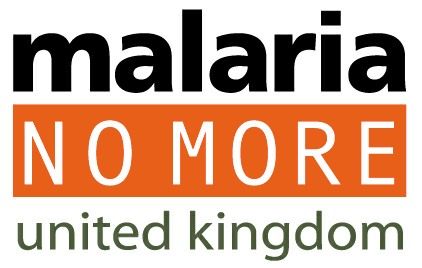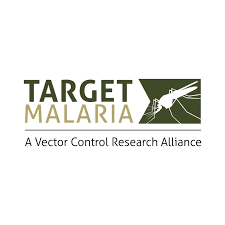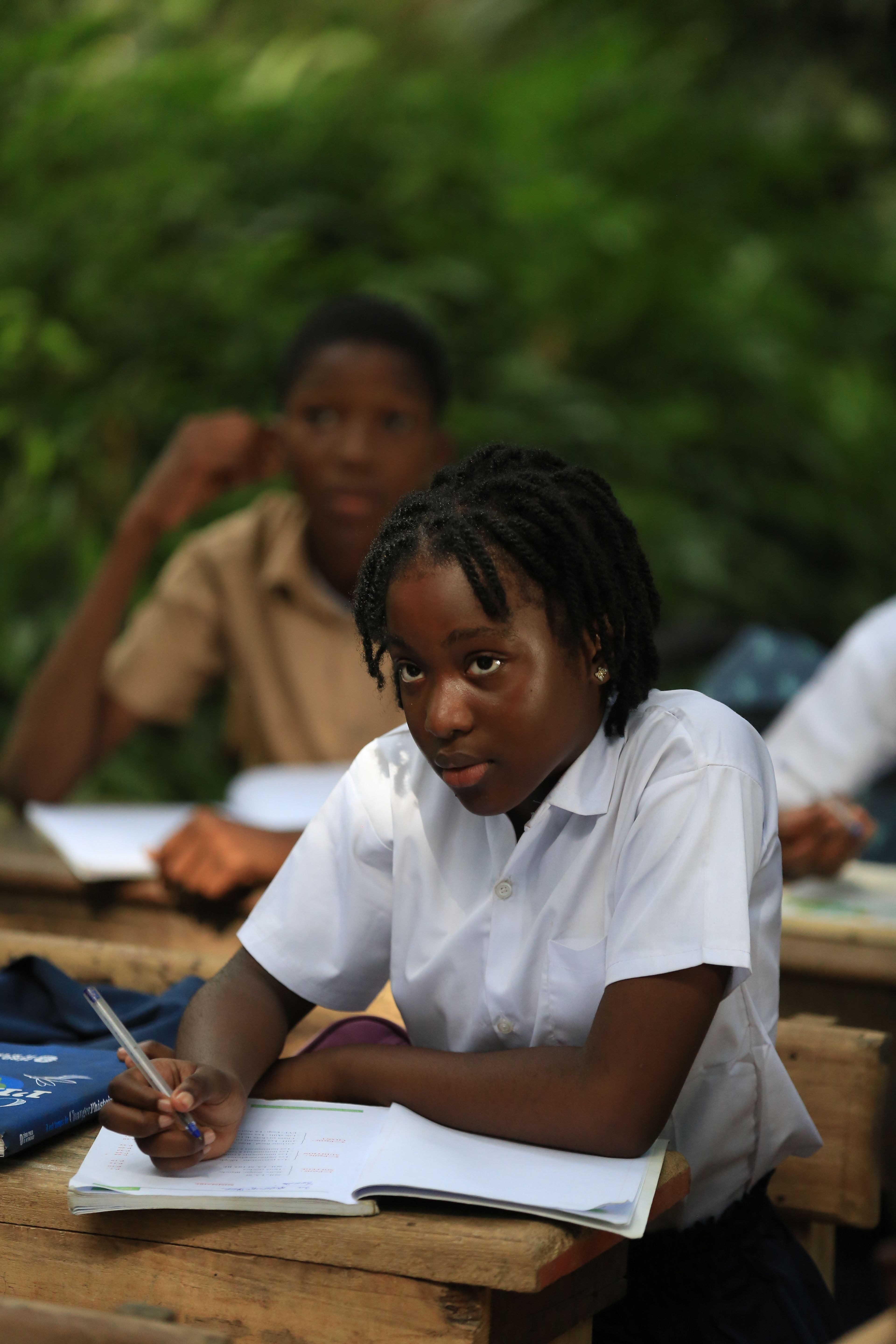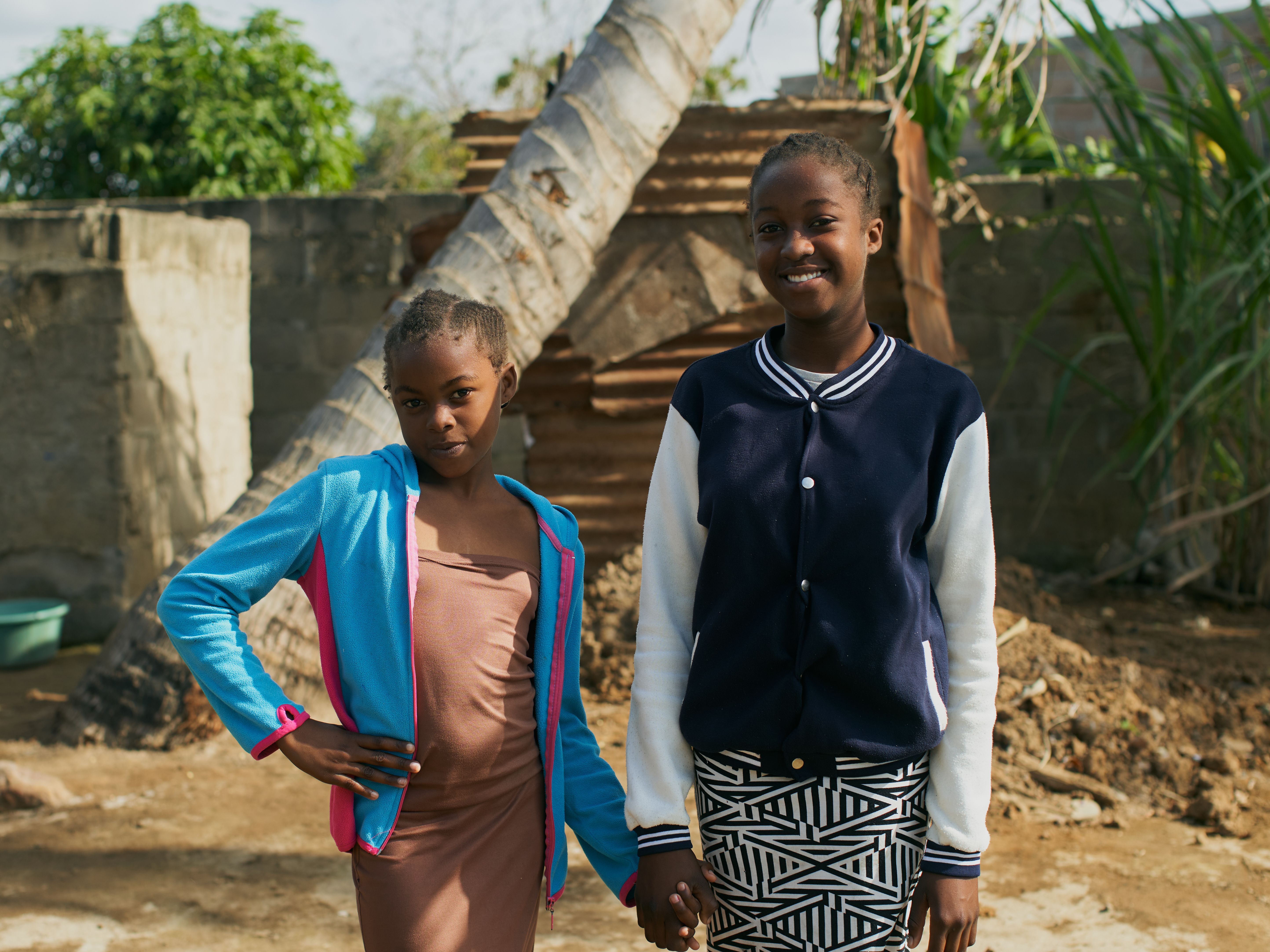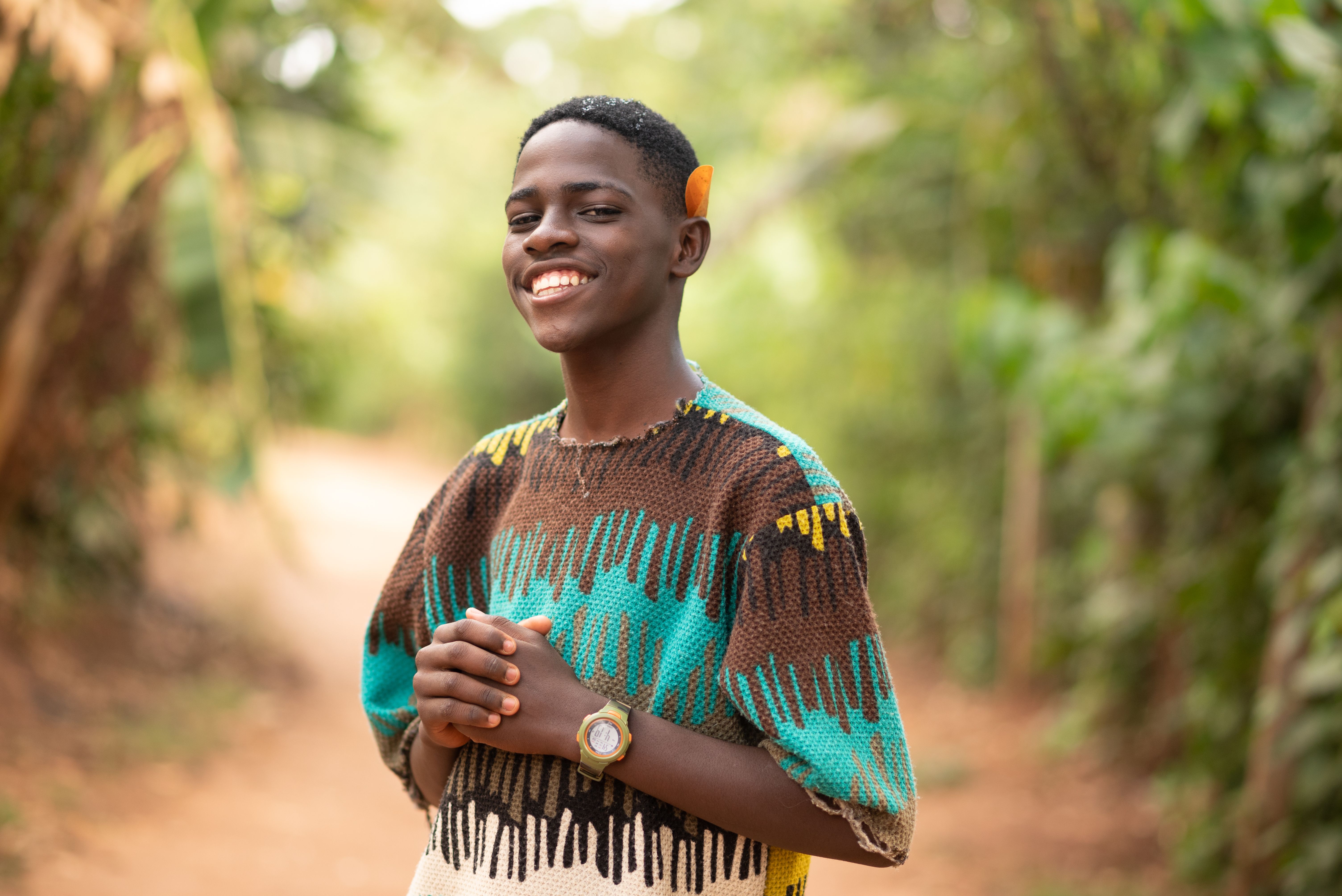
Krystal's story
Uganda
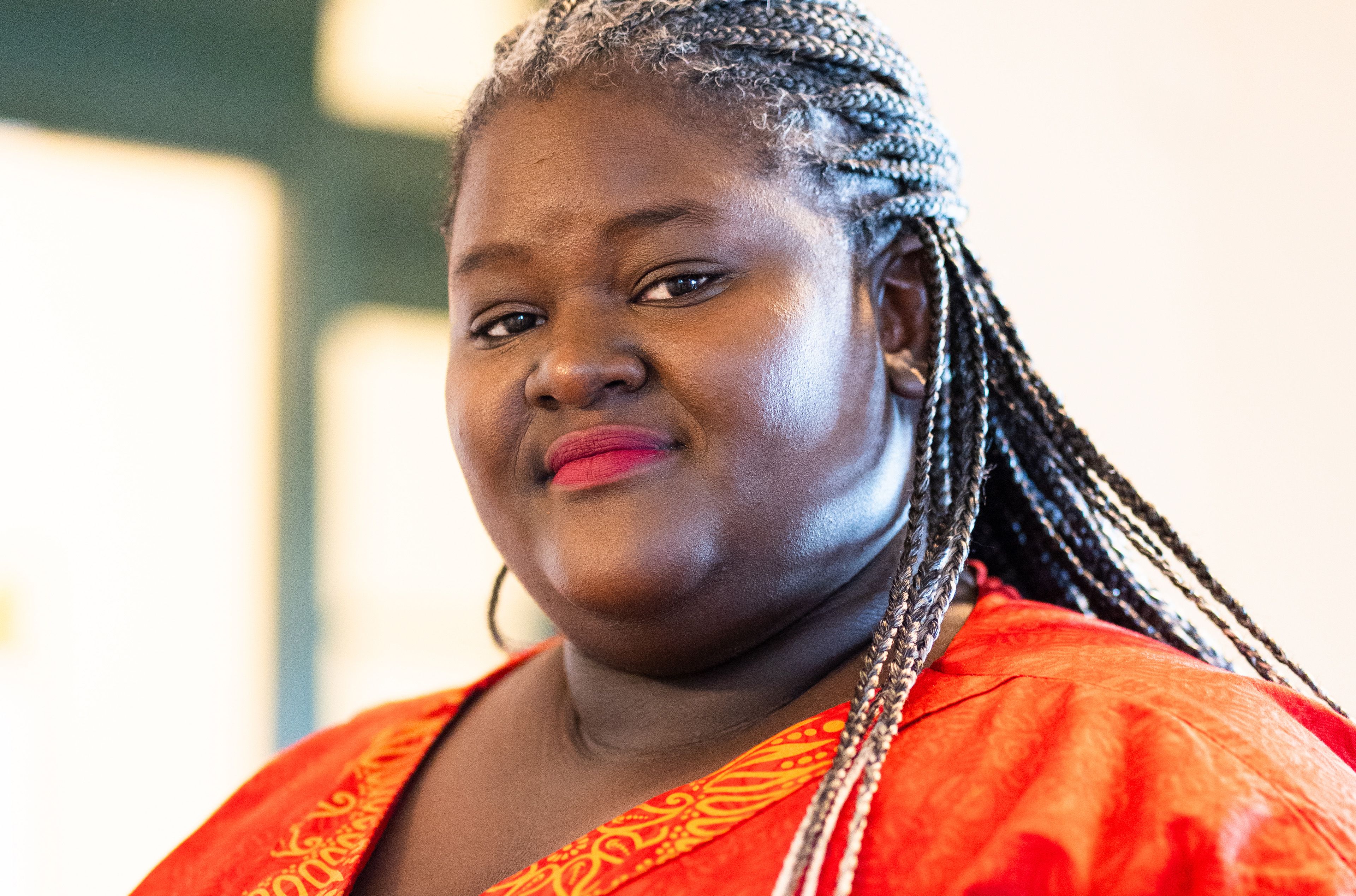
Growing up in Uganda, Krystal witnessed first-hand the devastating impact of malaria. "Almost one in three children didn’t make it to the age of five," she recalls. One night, watching her mother try to cool down her convulsing five-year-old brother, Krystal knew there was medicine, but her family couldn’t afford it. "All we could do was pray."
That reality changed when the Global Fund came to Uganda while she was a teenager. With free mosquito nets, treatment, and community health training, for the first time, being poor didn’t have to mean dying from malaria. Inspired by this transformation, Krystal became an entomologist and joined Target Malaria. She is now working on a project developing genetically modified mosquitoes using gene drive technology to help reduce malaria transmission.
“Gene drive ensures the modifications we make, like reducing mosquito fertility, are passed on efficiently to future generations,” Krystal explains. “It makes the technology more sustainable and impactful.”
But science alone isn’t enough. Community engagement is at the heart of Target Malaria’s work. From translating genetics into local languages to holding open dialogues with villages, Krystal’s team ensures people understand and support the innovation that could help transform the fight against malaria.
Krystal also emphasises the role of African scientists in malaria research. “We’re closest to the problem. Our perspective brings trust, relevance and urgency.” She hopes more women and girls will join her in science, and calls for workplaces that support them to do that.
Despite progress, malaria remains the number one killer of children under five in Uganda. But Krystal is hopeful. “We have all these new tools being developed. We have new insecticides, new vaccines and genetically modified mosquitoes… we have a real shot at malaria elimination. It’s just going to be a matter of commitment.”
She urges global leaders to sustain funding through mechanisms like the Global Fund, especially as we approach the institution’s replenishment. She concludes, “We will not achieve malaria elimination without funding… we need leaders to commit and to honour the commitments that their countries have made before.”




